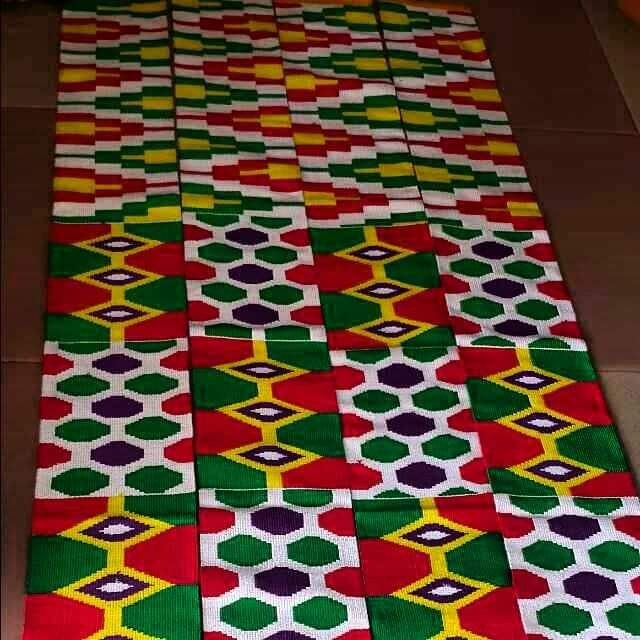One of Ghana’s most iconic cultural symbols, Kente, has taken its rightful place on the world stage, gaining global recognition as a relic linked to Ghana.
The handwoven cloth, steeped in centuries of heritage, pride, and craftsmanship, has officially been granted Geographical Indication (GI) status, giving it the same level of international protection enjoyed by Champagne from France and Tequila from Mexico.
This historic recognition means that only Kente woven in Ghana can be certified as authentic.
The new status doesn’t just celebrate Ghana’s cultural identity; it opens a new chapter of economic possibilities for thousands of weavers and traders across the country.

For generations, Kente weaving communities, from Bonwire and Adanwomase in the Ashanti Region to Agotime in the Volta Region, have produced the cloth using traditional looms and age-old patterns. Yet, for years, these artisans have watched their designs copied and mass-produced abroad, flooding markets with cheap imitations.
The GI status now provides legal protection to stop that exploitation.
Economically, the impact could be transformative. By ensuring that only genuine Ghanaian Kente carries the global brand name, the country can now control quality, set fairer prices, and market the cloth as a premium export.

This could generate millions in foreign exchange and boost tourism through cultural branding, much like Italy’s leather goods or Japan’s kimonos.
It also promises a fairer deal for weavers, many of whom are rural artisans earning modest incomes. With Kente’s authenticity now internationally recognized, Ghanaian producers can command higher prices both locally and abroad, turning the fabric into a viable source of livelihood rather than just cultural pride.
The new status makes kente not just another cloth. It is now a globally protected heritage, which opens new doors to empower people and the economy. This also means the GI status puts the value back where it belongs in the hands of Ghanaians.

Beyond economic gains, the move also enhances Ghana’s global image as a cultural powerhouse. It sets the stage for other indigenous products, like cocoa-based crafts, shea butter, and locally brewed drinks, to follow suit and gain similar recognition.
It also enhances the cultural and tourism heritage of Ghana on the global stage.
Read More
